Few brands are as iconic as Ferrari in the world of luxury sports cars. Known for its exquisite design, high performance, and rich heritage, Ferrari has given birth to some of the most memorable vehicles in automotive history. In this article, we take a thrilling ride through time, revisiting the most historic Ferrari cars and their incredible stories.
Related Reading: Driving the Dream: A Deep Dive into the 2018 Ferrari 488
1. 1947 Ferrari 125 S
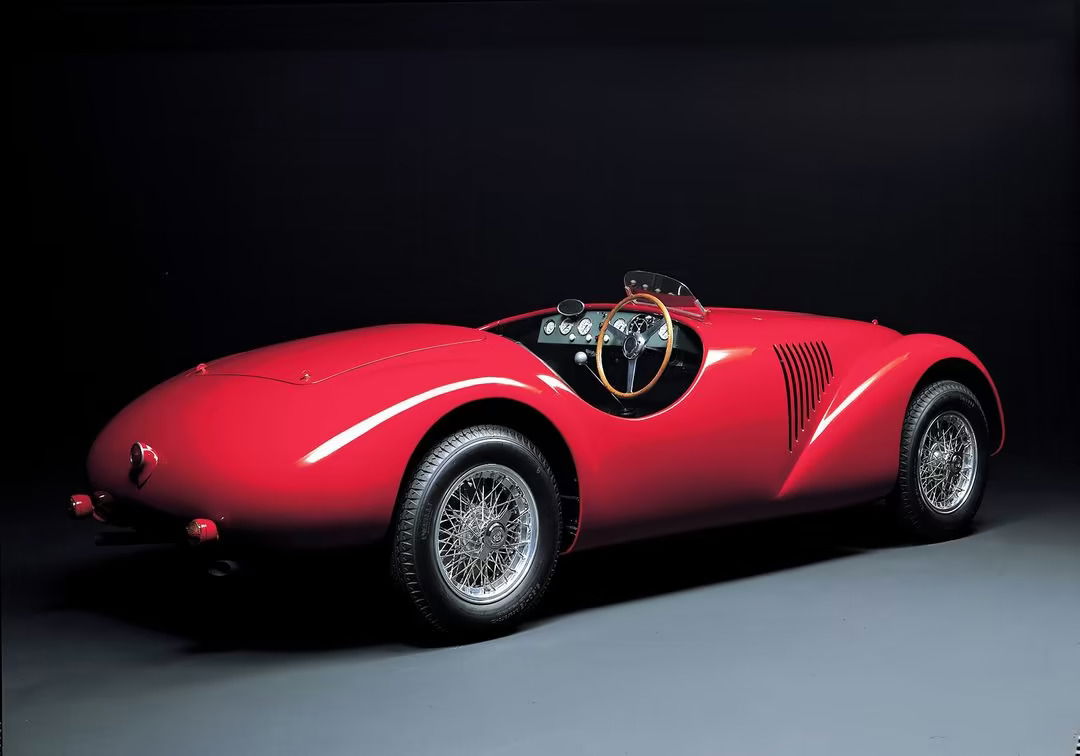
The car that started it all, the Ferrari 125 S, is the first vehicle to bear the Ferrari name. With a 1.5-liter V12 engine, this car marked the beginning of Ferrari's domination in the racing world.
Only two were ever made, making it a rare and much-coveted piece of automotive history. Enzo Ferrari was determined to create a car that could dominate the racetrack.
The result was the 125 S, equipped with a 118-hp V12 mill. Although it had some initial teething issues, it went on to win six of its 14 races, marking the beginning of Ferrari's racing legacy.
2. 1957 Ferrari 250 Testa Rossa
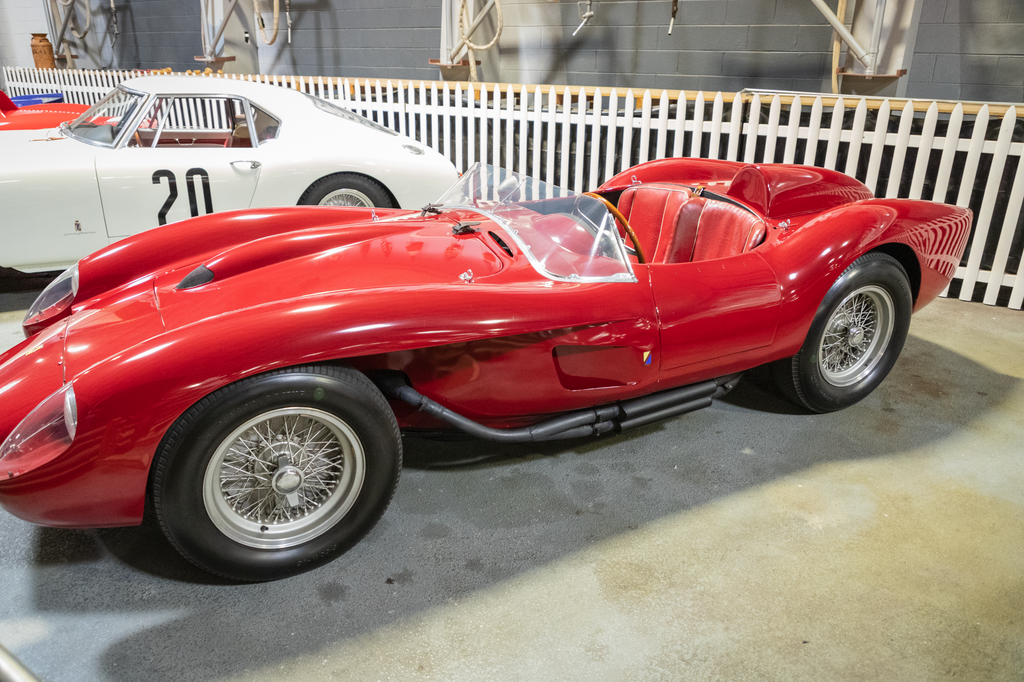
Representing the pinnacle of 1950s racing technology, the 250 Testa Rossa is one of the most famous Ferraris ever. It's renowned for its distinctive "pontoon" fender styling and a powerful 3.0-liter V12 engine.
This car dominated the World Sportscar Championship series and won the 24 Hours of Le Mans three times. With the V12 engine cranking out up to 300 horsepower, Testa Rossa (or just Testarossa) was a force to reckon with in the late ‘50s and ‘60s.
Winning the Le Mans in 1958, 1960, and 1961, cemented its place in racing history.
3. 1962 Ferrari 250 GTO
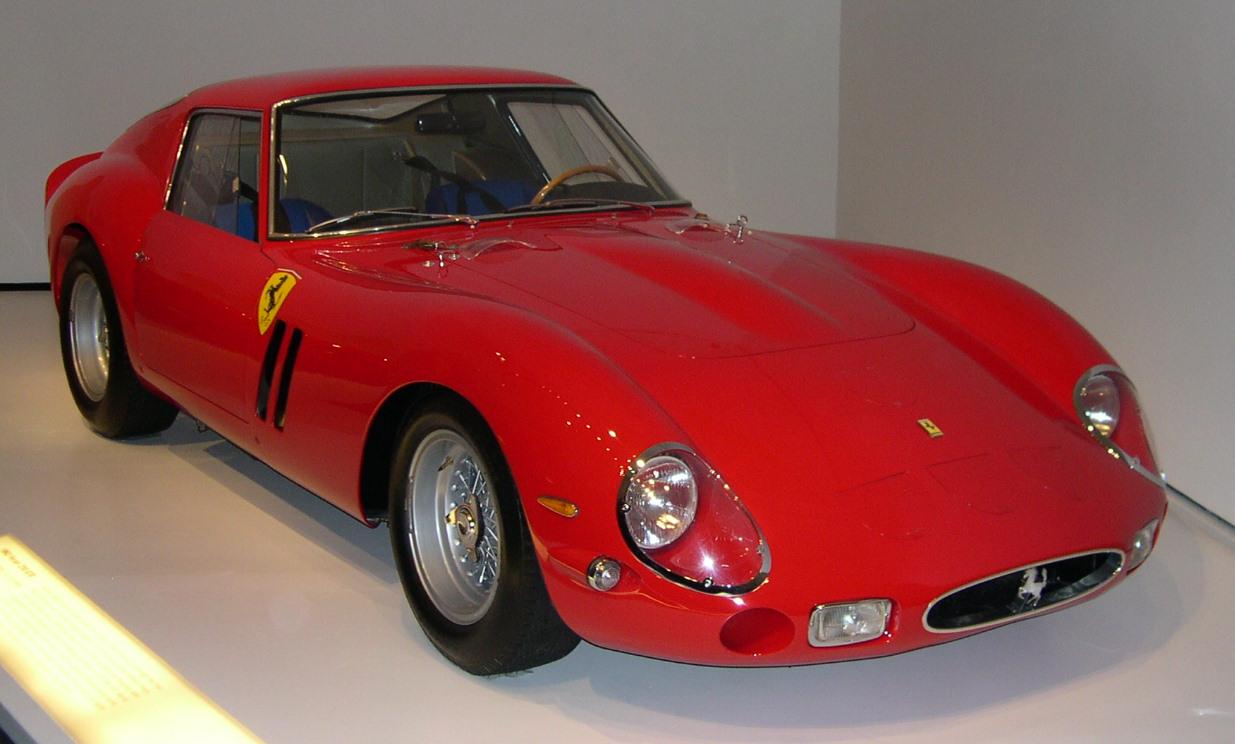
This is the car that finally convinced Enzo Ferrari about Aerodynamics. Considered the Holy Grail of classic Ferrari models, the 250 GTO is one of the most valuable cars in the world.
The GTO’s perfect blend of performance, beauty, and rarity made it a favorite among car collectors and enthusiasts. Only 36 units of the 250 GTO were ever made, adding to its allure and value.
It was designed for racing and was almost unbeatable on the track, thanks to its aerodynamic design and 3.0-liter V12 engine that produced 300 horsepower.
4. 1964 Ferrari 275 GTB
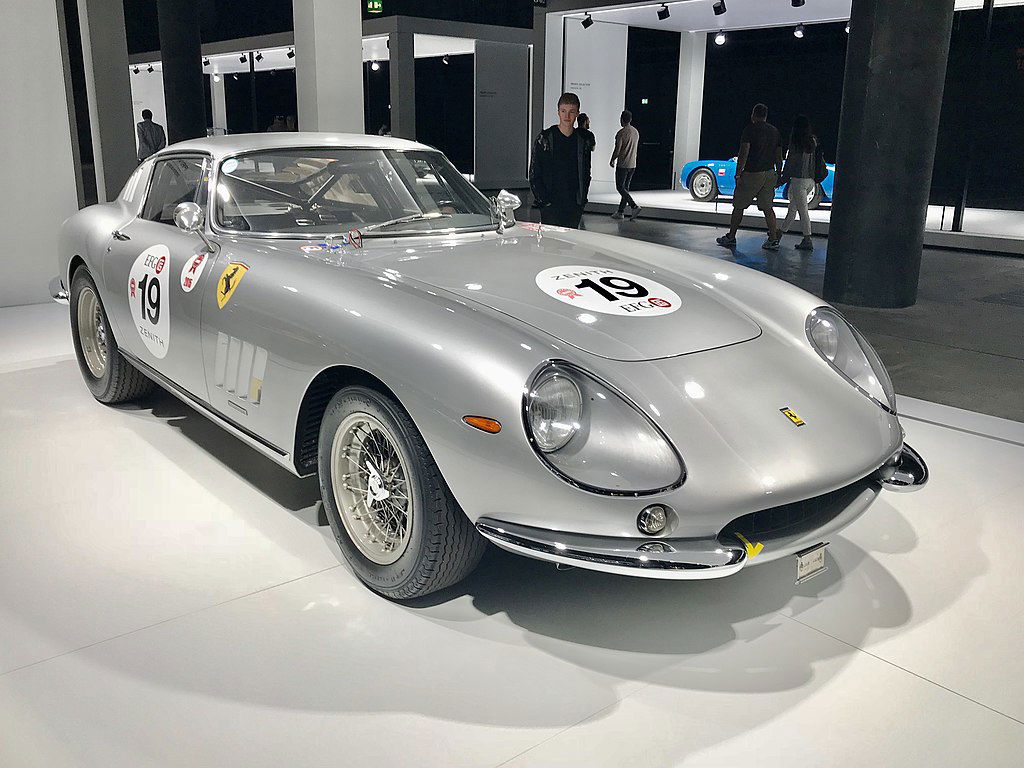
The 275 GTB marked a significant shift in Ferrari's design philosophy by unifying track and road performance. Its balanced weight distribution and independent rear suspension made it a superior handling car both on and off the racetrack.
The 275 GTB was a pivotal model for Ferrari. It introduced the transaxle concept where the gearbox and rear axle are integrated. This improved weight distribution and handling. The car's 3.3-liter V12 engine could produce up to 280 horsepower.
5. 1967 Ferrari 330 P4
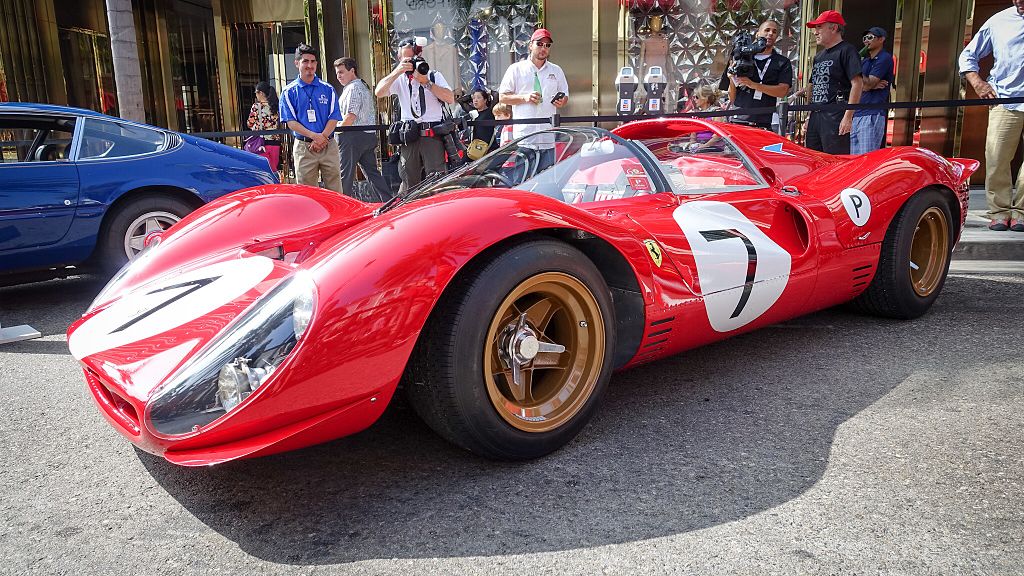
The 330 P4 is one of the most revered Ferraris ever built. It was Ferrari's response to the Ford GT40 and showed the world that Ferrari could compete at the highest level of motorsport.
Only four models were ever made, which added to its legendary status. With its curvaceous body and a 4.0-liter V12 engine that could produce over 450 horsepower, the 330 P4 was a direct challenge to Ford's dominance in endurance racing.
It achieved a spectacular 1-2-3 victory at the 1967 24 Hours of Daytona.
6. 1984 Ferrari 288 GTO
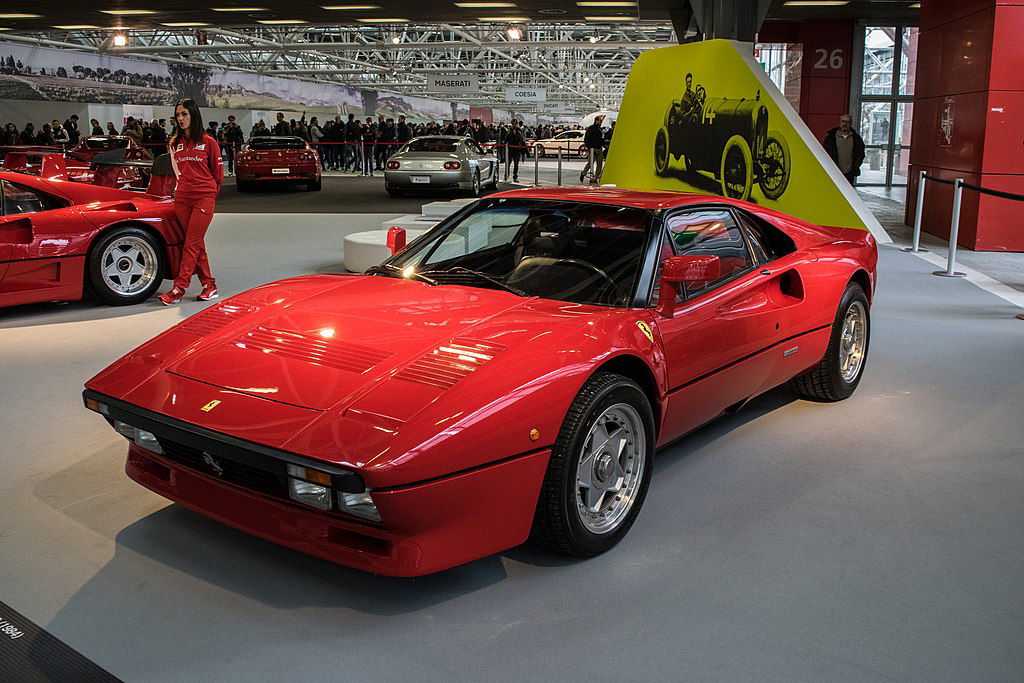
The 288 GTO was built to compete in the Group B Race category. It used a twin-turbo V8 engine and an aerodynamic design to achieve recognition as the fastest road car in its time.
The 288 GTO’s design and development recipe shows it was built for speed. It could reach 60 mph in just about 5 seconds and had a top speed of 189 mph. However, the Group B Race category it was built for got canceled, and all 272 units produced became road cars.
Related Reading: The Latest Ferrari Cars 2023: The Complete List And In-Depth Reviews
7. 1987 Ferrari F40
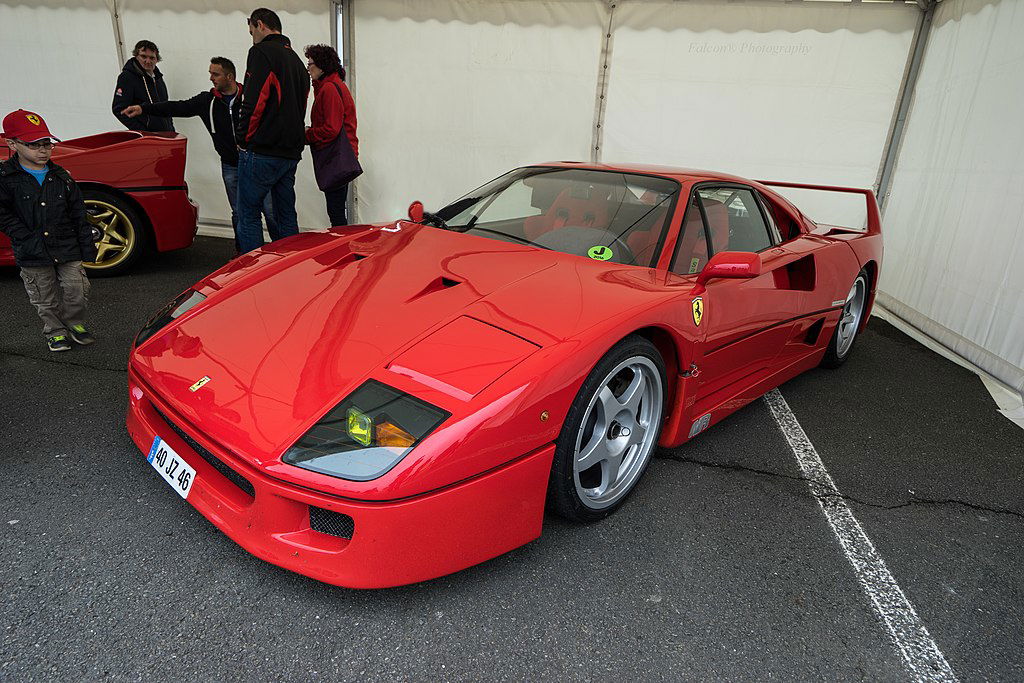
The F40 is one of the most iconic Ferrari models. It was the last car personally approved by Enzo Ferrari. With a top speed of 201 mph, it was the first road-legal production car to break the 200 mph barrier.
The F40 was a celebration of Ferrari's 40th anniversary. It relied on a 2.9-liter twin-turbocharged V8 engine for propulsion. The engine produced a staggering 471 horsepower, propelling the car to a top speed of over 200 mph.
With its lightweight construction and aggressive aerodynamics, the F40 remains an icon of automotive performance.
8. 1995 Ferrari F50
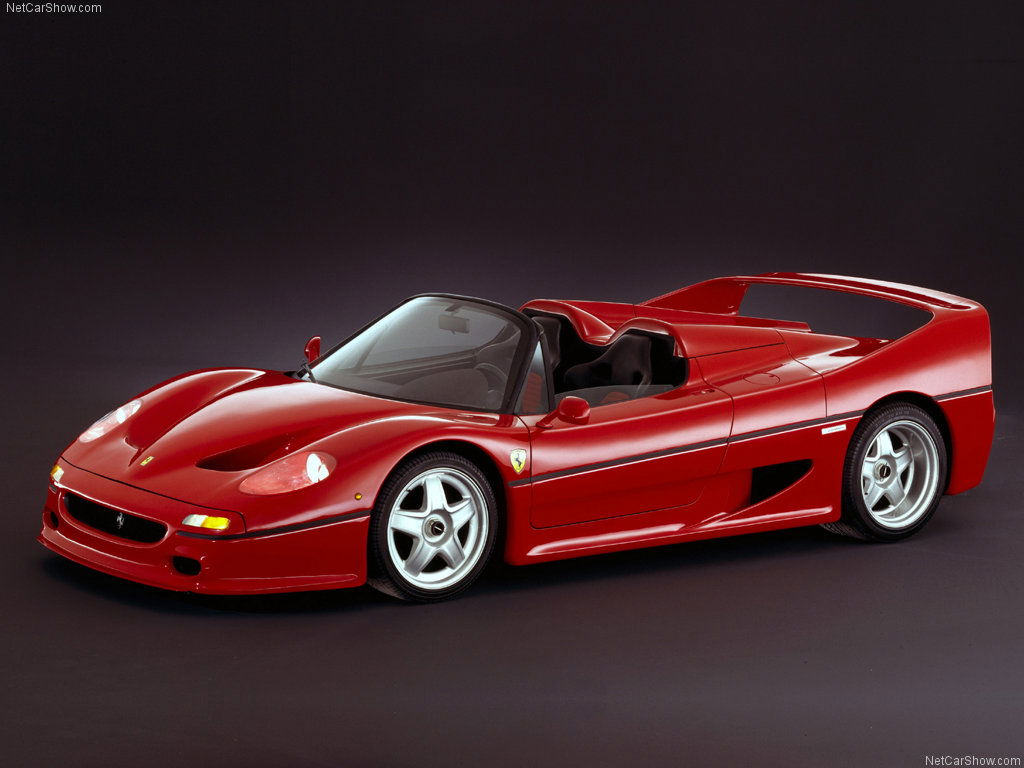
The F50 was Ferrari’s follow-up to the legendary F40. It was designed as an F1 car for the road, explaining its F1-derived 4.7-liter V12 engine and a removable hardtop. So, the F50 was a road-legal supercar with direct Formula One technology infusion.
Its V12 engine generated 513 horsepower and could rev up to an astonishing 10,000 rpm. With a limited production of only 349 units, the F50 offered an unforgettable driving experience.
9. 2002 Ferrari Enzo
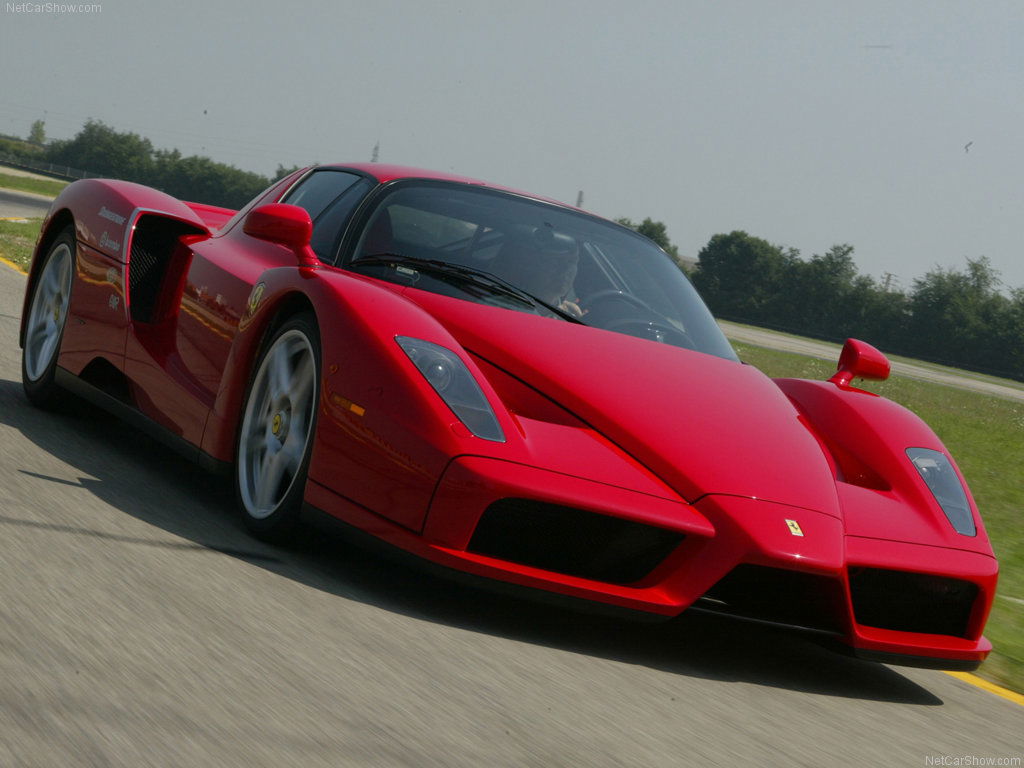
Named after the company's founder, the Enzo was built to celebrate Ferrari's first Formula One title of the new millennium. With F1 technology integrated into its design, it's a testament to Ferrari's continued commitment to pushing the boundaries of performance.
The Enzo was a marvel of engineering. Its 6.0-liter V12 engine produced 651 horsepower, allowing it to accelerate from 0 to 60 mph in just 3.3 seconds. The Enzo showcased advanced aerodynamics and cutting-edge materials. It is simply a true masterpiece of its era.
10. 2010 Ferrari 458 Italia
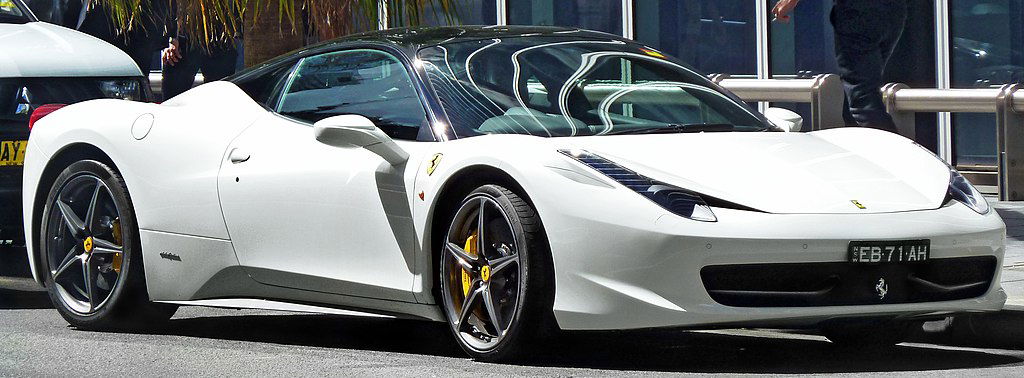
The 458 Italia is a masterpiece of automotive design and engineering. With a naturally aspirated 4.5-liter V8 engine and a seven-speed dual-clutch transmission, it offers a perfect blend of performance, style, and driving pleasure.
The 458 Italia mid-engine sports car combined stunning design with exceptional performance. Its mill produced 562 horsepower, while its advanced technologies such as the seven-speed dual-clutch transmission delivered lightning-fast gear shifts and exhilarating acceleration.
11. 2013 Ferrari LaFerrari
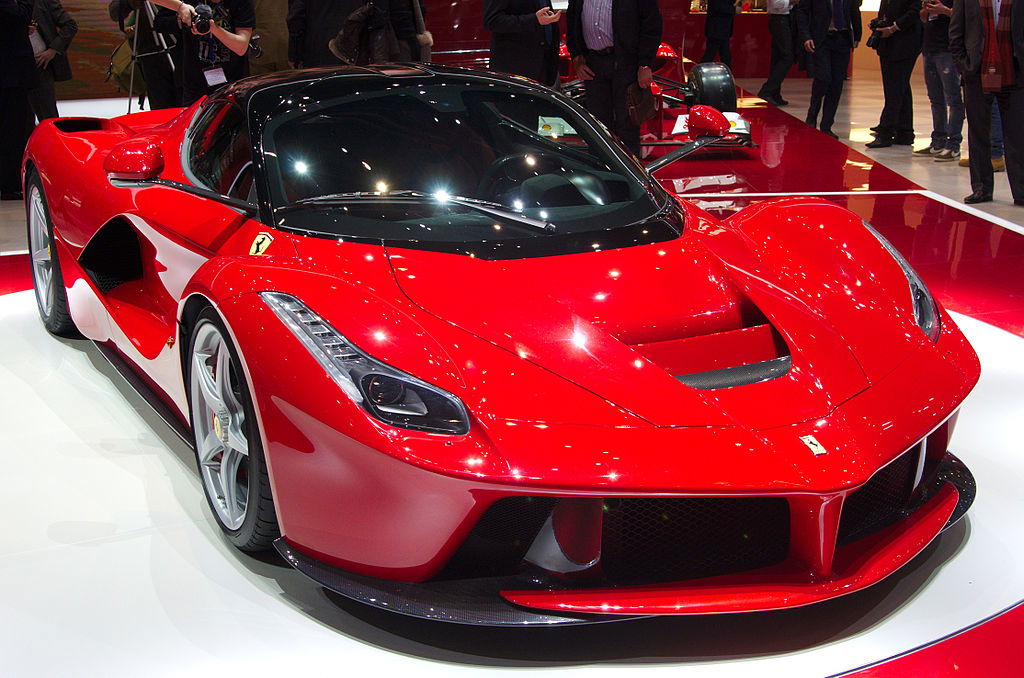
LaFerrari represented Ferrari's most ambitious project yet, pushing the boundaries of technology on a road car. It combines a 6.3-liter V12 engine with a KERS unit, similar to the systems used in Formula 1, making it the fastest car Ferrari had built to that point.
The LaFerrari also represented the Prancing Horse’s leap into the world of hybrid supercars. Its hybrid powertrain combined a 6.3-liter V12 engine with an electric motor, resulting in a combined output of 950 horsepower.
With cutting-edge aerodynamics and advanced electronic systems, the LaFerrari offered an unmatched driving experience.
12. 2020 Ferrari SF90 Stradale
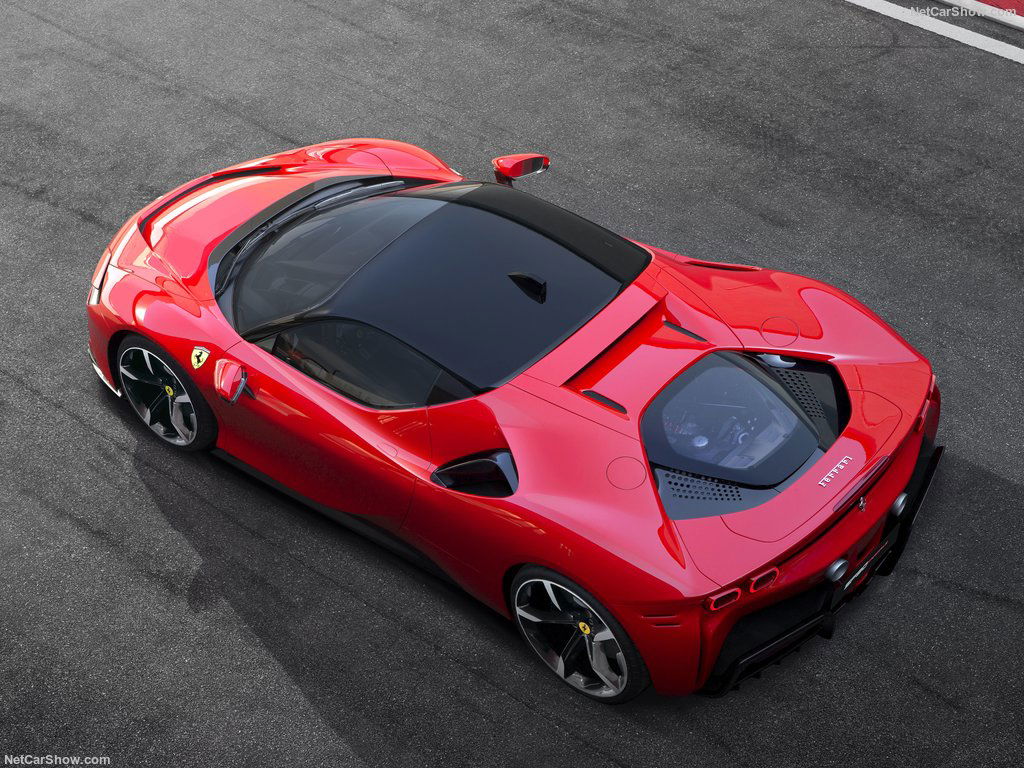
The SF90 Stradale is Ferrari’s first series production PHEV (Plug-in Hybrid Electric Vehicle). This car represents Ferrari's vision of the future, combining a twin-turbo V8 engine with three electric motors to deliver unprecedented performance.
The electrified powerplant produces a combined output of 986 horsepower. With all-wheel drive and advanced hybrid systems, the SF90 Stradale offered blistering speed and exceptional efficiency.
Final Word On Ferrari’s Most Legendary Cars
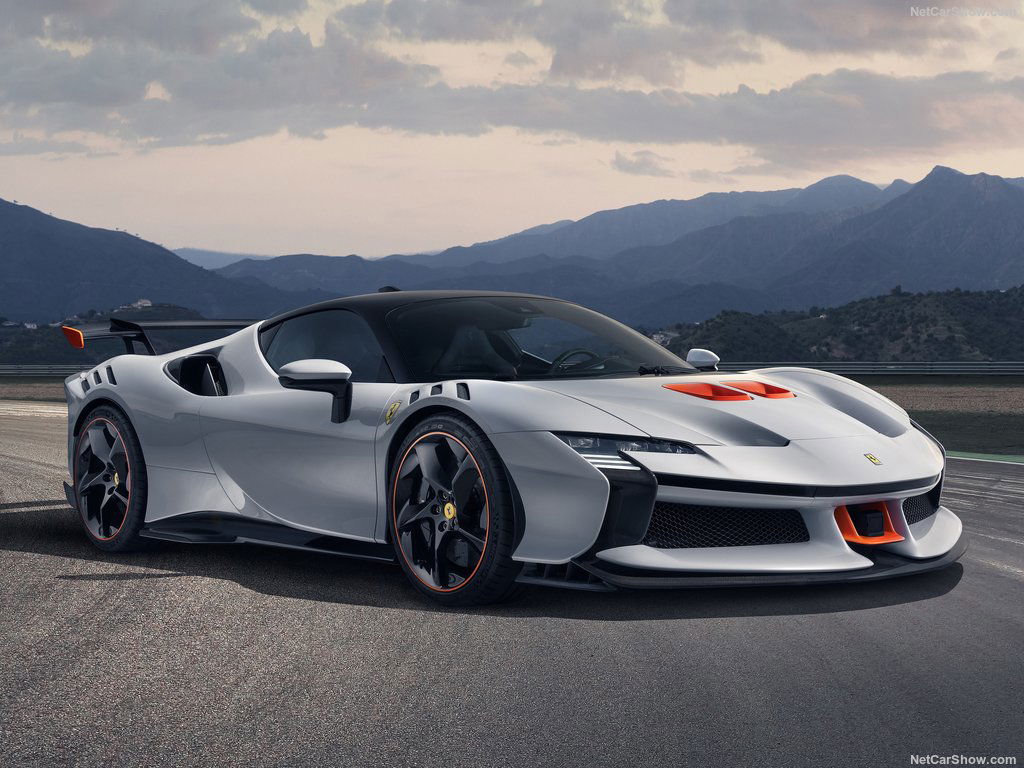
Ferrari has a rich history of creating some of the most iconic and revered cars in the world. From the legendary 125 S to the cutting-edge SF90 Stradale, each vehicle carries a unique story and showcases Ferrari's commitment to performance, innovation, and timeless design.